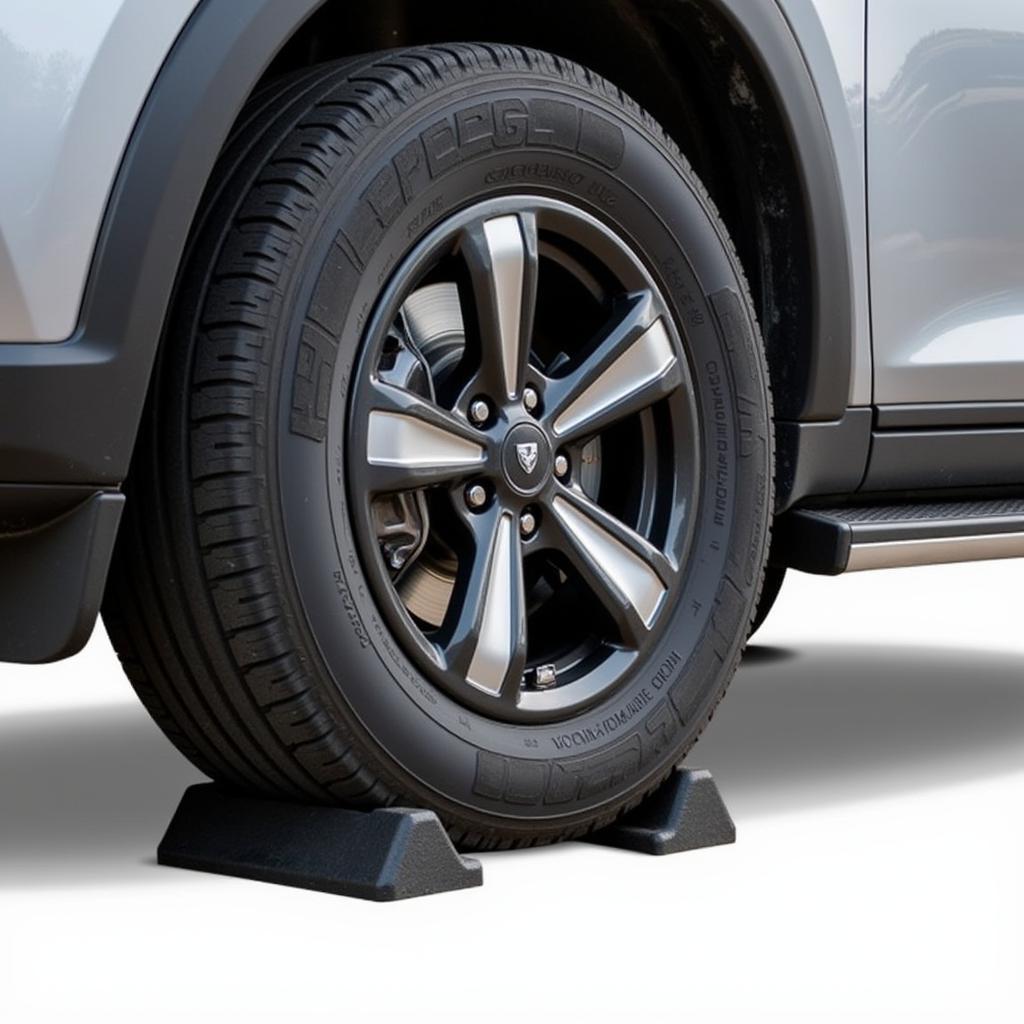Car Gas Tank Problems can be a real headache, leaving you stranded or facing costly repairs. This guide will equip you with the knowledge to identify, troubleshoot, and potentially fix common gas tank issues, saving you time and money. From leaks and rust to fuel pump malfunctions and filling difficulties, we’ll cover it all. car gas tank filling problems can be a symptom of a bigger issue.
Common Car Gas Tank Problems and Their Symptoms
Several issues can arise with your car’s gas tank. Recognizing the symptoms early can prevent further damage and costly repairs. These include:
- Leaks: A strong gasoline smell, visible fuel dripping, or a consistently low fuel gauge are telltale signs of a leak.
- Rust: Rust can lead to holes and leaks, eventually compromising the integrity of the tank. Look for visible rust on the tank’s exterior, especially underneath the vehicle.
- Fuel Pump Malfunction: Difficulty starting, sputtering engine, or a sudden loss of power could indicate a faulty fuel pump, often located inside the gas tank.
- Fuel Gauge Inaccuracy: An erratic or inaccurate fuel gauge can be caused by a malfunctioning sending unit within the tank.
- Filling Problems: If you have trouble filling your tank, it could be due to a blocked vent or a faulty rollover valve.
Diagnosing Car Gas Tank Problems
Identifying the specific problem requires a systematic approach. Start with a visual inspection of the tank for any obvious signs of damage, leaks, or rust. Next, check the fuel lines and connections for leaks or cracks. You can also check the fuel pressure using a pressure gauge to diagnose fuel pump issues. For electrical problems, like a faulty fuel gauge, using a multimeter to test the sending unit can pinpoint the issue.
DIY Repairs for Car Gas Tank Problems
Some minor gas tank problems can be addressed with DIY solutions. For example, you can try tightening loose fuel caps or replacing a faulty gas cap. car gas tank filling problems diy provides some helpful tips for tackling minor filling issues yourself. However, for more complex problems like leaks or internal damage, it’s best to consult a professional mechanic.
When to Call a Professional
While some issues can be handled with DIY solutions, serious problems like leaks, rust, and internal damage require professional attention. Attempting to repair these issues yourself can be dangerous and may worsen the problem.
“Ignoring a suspected gas tank problem is a recipe for disaster,” says John Miller, a certified automotive technician with over 20 years of experience. “A small leak can quickly escalate into a major safety hazard.”
Preventing Car Gas Tank Problems
Regular maintenance is crucial for preventing gas tank problems. This includes keeping your tank full to minimize condensation, using quality fuel, and regularly inspecting the tank for signs of rust or damage. fix smart car starting problem can sometimes be related to fuel system issues, so addressing those promptly can prevent further problems. Also, addressing any fuel-related issues promptly, like moved to a colder place started having car problems, can prevent them from impacting your gas tank.
“Preventive maintenance is the key to a healthy gas tank,” advises Sarah Johnson, an automotive engineer with over 15 years of experience. “Regular inspections and addressing small issues promptly can save you from costly repairs down the line.”
The Future of Car Gas Tanks with Electric Vehicles
While the shift towards electric vehicles is changing the landscape of the automotive industry, understanding gas tank problems remains crucial for a vast majority of car owners. theres one big problem with electric cars discusses the ongoing transition and its implications. However, for those still relying on gasoline-powered vehicles, knowing how to maintain and troubleshoot gas tank issues is essential.
Conclusion
Car gas tank problems can range from minor inconveniences to major safety hazards. Understanding the common issues, their symptoms, and appropriate diagnostic methods can help you address these problems effectively. While some repairs can be done yourself, it’s crucial to know when to seek professional help. Regular maintenance and preventive measures are the best ways to avoid costly repairs and ensure the longevity of your car’s fuel system.
For any further assistance or inquiries regarding your car’s gas tank problems, connect with AutoTipPro at +1 (641) 206-8880 or visit our office at 500 N St Mary’s St, San Antonio, TX 78205, United States.
FAQs
- How often should I inspect my car’s gas tank? It’s recommended to visually inspect your gas tank at least once a year or during your regular vehicle maintenance checks.
- Can I drive with a small gas tank leak? Driving with a gas leak is extremely dangerous and can lead to fire hazards. Get it repaired immediately.
- How much does it cost to replace a car gas tank? The cost varies depending on the make and model of your car, but it can range from a few hundred to over a thousand dollars.
- What causes a fuel pump to fail? Several factors can contribute to fuel pump failure, including running the tank too low on fuel, using contaminated fuel, and normal wear and tear.
- How can I tell if my fuel gauge is inaccurate? If your fuel gauge readings are inconsistent or don’t match your actual fuel consumption, it may be malfunctioning.
- What should I do if I smell gasoline in my car? A gasoline smell indicates a leak somewhere in the fuel system. Immediately inspect your gas tank and fuel lines for leaks, and if you find any, contact a mechanic immediately.
- Can I use a sealant to fix a gas tank leak? While some sealants claim to fix gas tank leaks, they are often temporary solutions and may not be safe. It’s best to have the tank repaired or replaced by a professional.







Leave a Reply